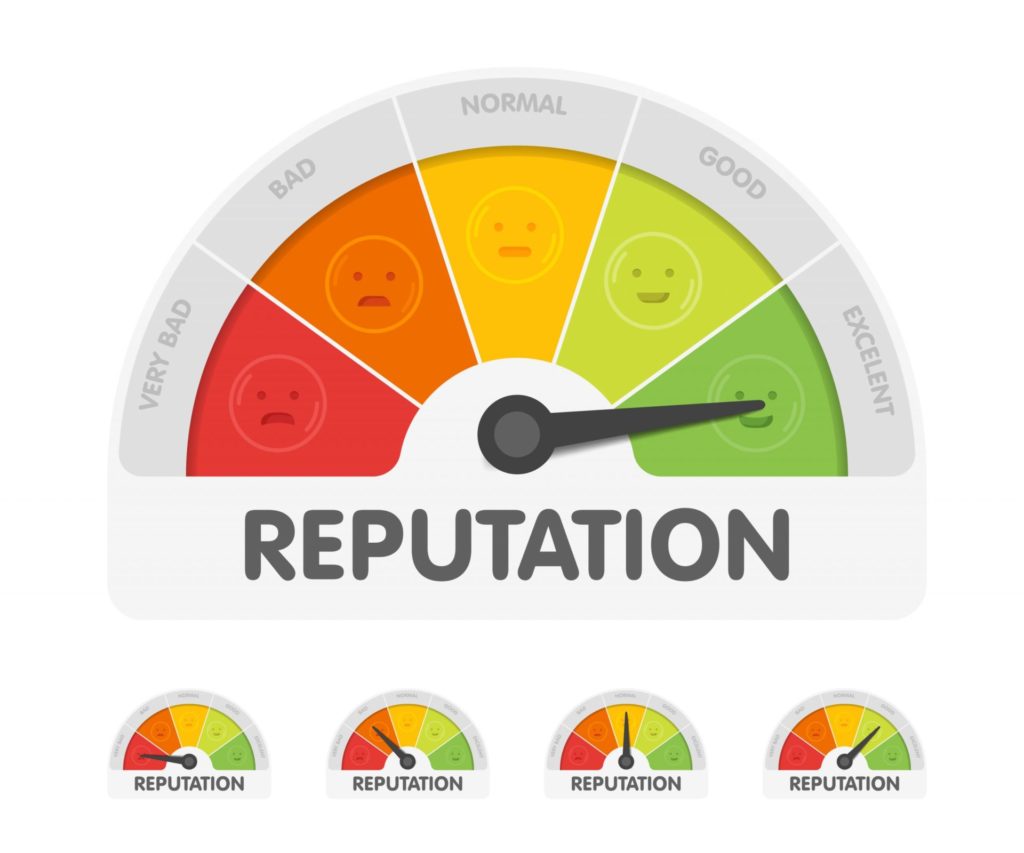In today’s digital age, where information spreads rapidly and opinions can make or break a business, brand reputation 101 has become more critical. Companies invest substantial resources in managing and enhancing their brand image, understanding that it directly influences consumer perception, trust, and ultimately, their bottom line.
Introduction to Brand Reputation 101

Brand reputation 101 encompasses how consumers perceive a brand based on its actions, communication, and overall image. It’s the collective opinion formed by customers, employees, stakeholders, and the public at large. A positive brand reputation signifies trust, reliability, and credibility, while a negative one can lead to distrust, skepticism, and decreased sales.
The Importance of Brand Reputation
A strong brand reputation is invaluable. It fosters customer loyalty, attracts new business opportunities, and enhances market competitiveness. Consumers are more likely to choose brands they trust, recommend them to others, and forgive occasional missteps if the overall reputation remains positive.
Building Trust Through Brand Reputation
Trust is the cornerstone of brand reputation. Companies build trust by consistently delivering on promises, providing quality products or services, and maintaining transparency in their operations. By actively engaging with customers, addressing concerns promptly, and demonstrating integrity, brands can cultivate lasting trust and loyalty.
Strategies for Maintaining a Positive Brand’s Reputation Online
- Providing Excellent Customer Service: Exceptional customer service can turn dissatisfied customers into brand advocates. Responding promptly to inquiries, resolving issues efficiently, and going above and beyond expectations can significantly impact brand perception.
- Consistent Brand Messaging: Cohesive brand messaging across all channels reinforces brand identity and values. Consistency builds familiarity and trust among consumers, helping them connect with the brand on a deeper level.
- Monitoring Online Presence: Regularly monitoring online mentions, reviews, and social media conversations lets brands stay informed about public perception. Addressing negative feedback promptly and proactively can mitigate reputational damage and showcase commitment to customer satisfaction.
- Handling Negative Feedback Effectively: Brands should view it as an opportunity for improvement instead of ignoring or dismissing negative feedback. Acknowledging concerns, offering solutions, and demonstrating empathy can turn negative experiences into positive outcomes.
Impact of Brand Reputation 101 on Business Success
A positive brand reputation directly influences consumer behavior and purchasing decisions. Studies show that consumers are more likely to choose brands with favorable reputations, even if they come with a premium price tag. Moreover, a strong brand reputation acts as a buffer during crises, helping companies weather challenges and emerge stronger.
Case Studies: Brands with Strong Reputations
Several companies have mastered the art of brand reputation management, setting exemplary standards for others to follow. Brands like Apple, Google, and Nike have consistently delivered exceptional products, fostered customer loyalty, and maintained positive public perception through strategic branding initiatives and unwavering commitment to excellence.
Brand Reputation Tools
Numerous tools and resources are available to help businesses monitor, analyze, and enhance their brand reputation. From social media listening platforms to online review management tools, investing in technology can streamline reputation management efforts and provide valuable insights into consumer sentiment and market trends.
The Role of Social Media in Online Reputation Management
Social media platforms serve as powerful tools for brand communication and reputation management. By actively engaging with followers, responding to inquiries, and addressing concerns in real time, brands can humanize their image, build meaningful relationships, and foster community trust.
Tips for Improving Brand Reputation
- Stay Authentic: Authenticity resonates with consumers. Be genuine in your interactions, uphold your brand values, and avoid misleading or deceptive practices.
- Encourage User-generated Content: Encourage customers to share their experiences and opinions. User-generated content not only strengthens brand credibility but also fosters a sense of community and belonging.
- Embrace Transparency: Transparency builds trust. Be open about your business practices, policies, and product/service offerings, and be willing to admit mistakes and rectify them promptly.
Common Mistakes to Avoid
- Ignoring Feedback: Ignoring feedback, whether positive or negative, can alienate customers and damage brand reputation.
- Inconsistent Messaging: Inconsistent messaging confuses consumers and dilutes brand identity. Ensure consistency across all communication channels to maintain brand integrity.
- Overlooking Employee Advocacy: Employees are brand ambassadors. Neglecting their role in shaping brand perception can undermine reputation management efforts.
Conclusion
In conclusion, brand reputation 101 is a cornerstone of business success in today’s competitive landscape. By prioritizing customer trust, consistency, and authenticity, businesses can cultivate a positive brand image that resonates with consumers, fosters loyalty, and drives long-term growth.
If you’re ready to take your brand reputation management to the next level and experience the difference AIM Technologies can make, don’t hesitate to request a demo today. See firsthand how our innovative solutions can help elevate your brand and strengthen your online presence.
FAQs
How long does it take to build a positive brand reputation?
- Building a positive brand reputation takes time and consistent effort. While there is no fixed timeline, companies can start by delivering on promises, providing exceptional customer service, and actively engaging with their audience.
Can a single negative incident ruin a brand’s reputation?
- While a single negative incident can temporarily damage a brand’s reputation, how the company responds and rectifies the situation can ultimately determine its impact. Transparency, accountability, and genuine efforts to address concerns can help mitigate reputational damage.
Is brand reputation only important for large corporations?
- No, brand reputation is essential for businesses of all sizes. Regardless of scale, maintaining a positive reputation helps build trust, attract customers, and differentiate the brand in the market.
How can small businesses manage their brand reputation on a limited budget?
- Small businesses can leverage cost-effective strategies such as active social media engagement, soliciting customer feedback, and monitoring online reviews to manage their brand reputation effectively.
What role does storytelling play in shaping brand reputation?
- Storytelling humanizes brands, making them relatable and memorable. By crafting compelling narratives that resonate with their target audience, brands can strengthen emotional connections, build trust, and enhance their reputation.


